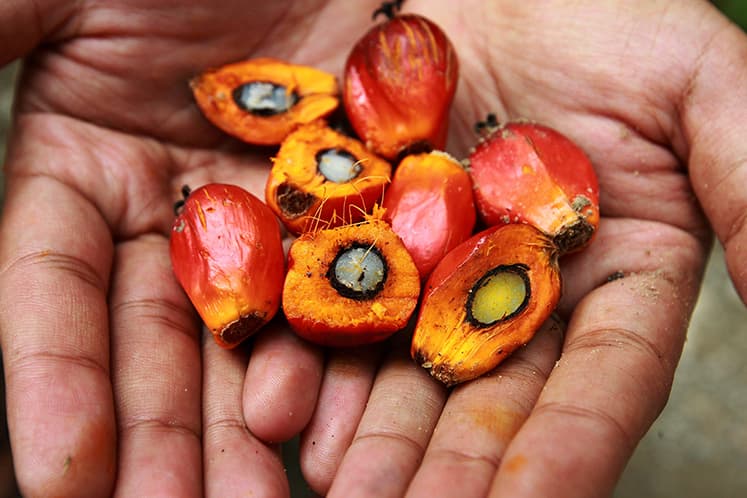
KUALA LUMPUR (May 12): Crude palm oil (CPO) prices are expected to be in the range of RM1,800 to RM2,300 a tonne for the rest of this year, said Malaysian Biodiesel Association president U R Unnithan.
He said that if Malaysia and Indonesia do not backtrack on their respective biodiesel programmes, and if the economy starts recovering from the Covid-19-induced crisis in July, prices could be in the region of RM2,100 to RM2,300.
“However, if disruptions continue until December 2020, then I see prices dropping to RM2,000. If we see a slowdown and again look at July and December, [prices] could go down to RM1,800 to RM1,900,” said Unnithan, who is also the chief executive officer of Sumwin Global.
“We are talking about two levels, we are talking about disruption in biodiesel, and we are talking about demand disruption as well,” he said at a webinar organised by the Malaysian Palm Oil Council today.
Another speaker, Sime Darby Oils managing director Mohd Haris Mohd Arshad said the eventual duration of the Covid-19 pandemic and its economic fallout will also have an impact on when markets will recover.
“For as long as we don’t have a vaccine for Covid-19, we will have to live with this, cases will pop up and people will be scared to come out. That kind of fear will live until we don’t have a vaccine.
“Hence, I am not so bullish on things returning to normal, until we have it [Covid-19] under control,” said Haris, who cited a study that found that an economic recovery will only happen well into 2021.
From a supply perspective, Malaysian Palm Oil Association CEO Datuk Nageeb Wahab said CPO production in 2020 is likely to be between 5% and 10% lower, on account of earlier dry weather and labour shortages.
“So the issue here is how much can we sell. Our concern is the stock level. I am worried that stocks will return to the pre-2018 stock level of more than three million tonnes. If it [stock levels reaching more than three million tonnes] happens, our prices will be under pressure,” said Nageeb.
Haris noted that the current crisis impacting palm oil is demand-driven, as consumption of the edible oil goes down in food, particularly in the case of hotels, restaurants and the catering segment.
As such, lower demand for palm oil will continue to be an issue for the industry over the next six to eight months, he said.